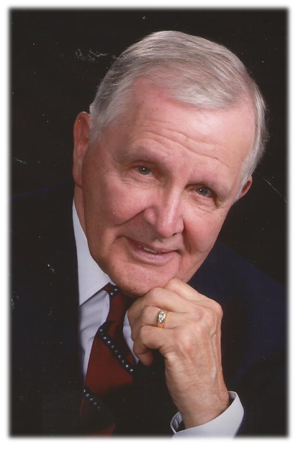The War in the West (part one)
In August 1861, McClellan seemed loath to take direction from his superiors. Writing his wife he described Lincoln as a baboon. He related to her, “… the Prsdt is an idiot, the old General (Scott) in his dotage-they cannot or will not see the true state of affairs.”
That opinion prompted McClellan to ignore Lincoln’s suggestions and even Lincoln’s pleas for the general to do something with the Union’s new Army of the Potomac.
The situation in the West wasn’t much better. When Lincoln urged General Halleck commander of the Western Department headquartered in St. Louis, to begin military operations, he was told that orders from Gen. McClellan were needed; more excuses for delay.
Ulysses S. Grant a political appointee of the Illinois governor, had troops stationed in Cairo, Illinois. In January 1862, he suggested to his superior, General Halleck that he be allowed to attack Fort Henry on the Tennessee River and also Fort Donelson on the Cumberland River. Halleck refused to listen to his proposal. It wasn’t that Halleck did not feel the project had merit. Rather, he just did not want to approve such a venture under Grant’s command.
Halleck did not like Grant. His animosity went back to their days in California. There, Halleck knew Grant as a man who could not hold his liquor; a man who was forced to resign his army commission or face a court martial for being intoxicated while on duty.
But the Grant of 1861 was a sober man and a determined one, too. He sent some of his men east to occupy Paducah on the Ohio River. He also enlisted the support of naval Captain Foote for a joint naval/army operation against the two forts. He and Foote proposed the attack again on Jan. 28. Halleck knew the strategic importance of these two forts. And, Grant and Foote’s proposal came at the same time Lincoln was putting pressure on Halleck to begin some sort of offensive operation in the West. This time their proposal was approved by Halleck.
The approval came at the same time that the new military river craft were delivered to Halleck’s command. In January 1862, Foote took delivery of seven City Class ironclads. Pook boats were to be delivered then, too.
In August, operating out of St. Louis, Mo., James Eads began constructing boats designed for river use by Sam Pook. Eads employed workers virtually ’round the clock to build them. These Pook boats were heavily armored and well- armed. They only needed seven feet of water to operate; ideal for the western rivers. The Confederates could not match them anywhere on the Western waters. They were delivered to Captain Foote in January as well.


 A Great Read! I couldn’t put this book down once I got started. The detail was great and I really like the main character, Michael. Knowing that so much research went into this book made it exciting to read!
A Great Read! I couldn’t put this book down once I got started. The detail was great and I really like the main character, Michael. Knowing that so much research went into this book made it exciting to read!